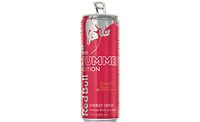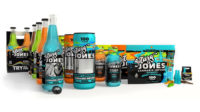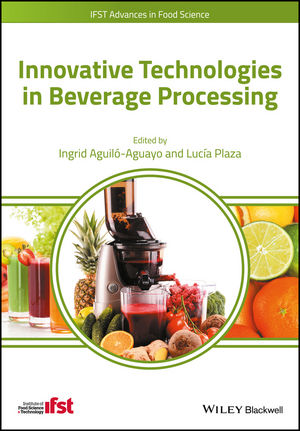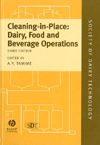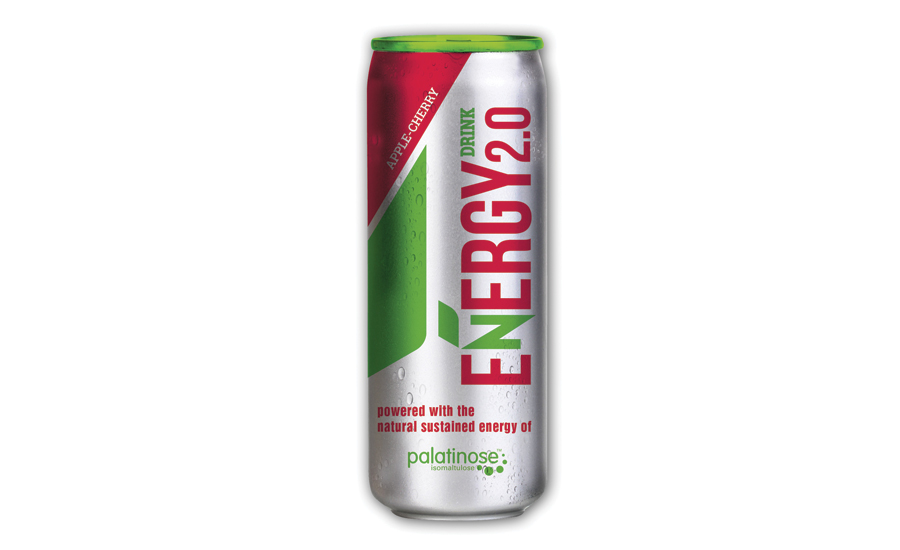Sustained energy in demand for beverage formulations
Clean label also fueling use of natural energy sources




As physicist Albert Einstein once said: “Life is like riding a bicycle. To keep your balance, you must keep moving.” As today’s American consumers look to keep moving, they are turning to various forms of energy-inducing foods and beverages. However, in the spirit of Einstein’s quote, consumers also are in search of more balanced energy resources.
“Consumers want a product that will sustain energy throughout the day rather than the bolt of energy for a short period of time,” says Elyse Lovett, marketing manager for New York-based Kyowa Hakko USA.
She adds that other beverage trends like no and natural sugar, low calorie, and specialty proteins have contributed to the increased demand for energy ingredients.
Callum Baylis-Duffield, vice president of sales and marketing at Plandai Inc., of which AIDP is a distributor, notes that the growth of the sleep and anti-anxiety markets also are contributing to the energy market’s growth.
“These problems work hand in hand,” Baylis-Duffield says. “We also believe that natural supplements that address energy, sleep cycles and anxiety will grow. In our opinion, homeostasis will be the future. Energy ingredients that address whole health are more valuable than [a] simple boost.”
Alison Raban, a certified food scientist with Rancho Dominguez, Calif.-based BI Nutraceuticals, explains that the positive performance of energy drinks has tied into a similar performance for the energy ingredients market. However, she adds that other categories are contributing to the growing use of energy ingredients.
“Energy shots might not seem quite as popular as a few years ago, but they are still a large driver of energy ingredient sales. That trend may taper as the market is saturated but so far that has not been the case,” she says. “Also, lots of other beverages are now looking at energy ingredients to help satisfy the growing demand from consumers, including premium niche beverages that previously wouldn’t be considered competition for the energy drink market.”
Jon Peters, president of Morris Plains, N.J.-based Beneo Inc., says that consumers’ busy lifestyles are another reason that more consumer packaged goods manufacturers are incorporating energy ingredients into formulations.
“Consumer research shows, for example, that about one-third of the U.S. population is concerned about fatigue and looking to enhance their energy throughout the day considering the multiple demands of jobs, households and family commitments,” he says. “In this respect, Beneo’s experience shows that consumers, not just athletes, are looking for real energy in the form of glucose from natural sources that keeps their bodies and brains functioning in a healthy manner.”
Kyowa Hakko’s Lovett echoes similar sentiments. “As jobs get more and more demanding throughout the U.S., the energy market keeps growing,” she says. “The growth of this market is seen from a millennial population that wants that mental edge to perform better at their jobs, keep up with a busy social life and enjoy those ‘after-school’ activities with their children.”
The clean-label effect
Part of consumers’ increasing demand for more balanced, sustainable energy stems from clean-label trends, experts note.
Beneo’s Peters explains that U.S. research conducted by IPSOS and commissioned by Beneo in 2015 indicated a consumer preference for beverages that are positioned as natural and have a clean label.
“This focus on natural and clean-label beverage products is indicative of the interest shown by U.S. consumers in avoiding preservatives, artificial colorings and intense sweeteners,” he says. “Ingredients from natural sources are preferred to artificial ingredients including a preference for ‘real’ sugar over artificial sugar.
“According to statistics from Mintel [in] 2015, manufacturers are keenly aware of these consumer preferences and have reacted to the demand by using more natural ingredients,” Peters continues. “In fact, one in four product launches between 2014 and 2015 in the category carried either a ‘natural’ claim or a ‘no additives/preservatives’ claim.”
He adds that the ideal functional energy drink for consumers is one that does not have a “crash” effect. “New energy drinks cater to the need of health-conscious consumers who are in search of tasty, nutritious products that are free from undesirable ingredients and chemicals,” Peters explains.
Because it is derived from the sugar beet, Beneo’s Palatinoise has a sugar-like taste and provides full carbohydrate energy in a sustained manner, Peter says.
Cecilia McCollum, vice president of sales and marketing for Blue California, also notes the desire for products that don’t exhibit the “crash” effect.
The Rancho Santa Margarita, Calif.-based company offers L-Tea Active, its branded form of L-Theanine. The ingredient offers increased concentration and focus to help improve productivity, she explains.
Because all consumer food-and-beverage segments have been impacted by natural and organic trends, BI Nutraceuticals’ Raban says that it makes sense that this trend would hit the energy drink market and push the demand for ingredients that fulfill this need state.
“This desire for new products that still maintain their natural or organic status is giving ingredient suppliers opportunity to explore new and unique sources of energy ingredients,” she says. “Popular sources of caffeine are no longer limited to tea and coffee extracts. Botanicals from South America like yerba mate and guarana are now mainstream, and new sources like guayusa are gaining interest as consumers become more interested in where their food and beverage ingredients actually come from.”
Straight to the sources
As beverage-makers look to incorporate ingredients that support sustained energy, suppliers highlight the growing base from which they can choose.
A staple for the natural energy ingredient market has been green tea because of its caffeine and various other healthy properties, Plandai’s Baylis-Duffield says.
“Green tea has an innate caffeine component, but also has a litany of antioxidants, unlike many other energy ingredients,” Baylis-Duffield says. “Furthermore, due to the natural and now highly bioavailable theanine in our extract, we provide the up from the caffeine without the cortisol-induced down that is associated with high doses of caffeine.”
To support mental energy, Kyowa Hakko offers a branded form of citicoline: Cognizin. “Citicoline is a potent brain-health nutrient,” Lovett says. “A proprietary form of citicoline, Cognizin has been clinically studied to support mental energy, focus, attention and recall. Cognizin is also highly stable, GRAS, ultra-pure and allergen free.”
BI Nutraceuticals’ Raban adds that as consumers have become more accepting of less sweet products and more bitter flavors, opportunities are emerging to incorporate various energy ingredients.
“BI offers a wide variety of energy drink ingredients from lots of different sources; some of the most popular for beverages are our water-soluble extract that can be fortified with extra caffeine to provide a consistent energy load,” she says. “BI’s most popular energy extracts are guarana, yerba mate and green tea, but some customers looking for a whole food ingredient option are finding whole tea powders and our new guayusa powder very popular and easy to work with.”
Although bitter flavors are becoming more widely accepted, Raban does recommend thoughtful formulation when working with energy sources. BI
Looking for a reprint of this article?
From high-res PDFs to custom plaques, order your copy today!




